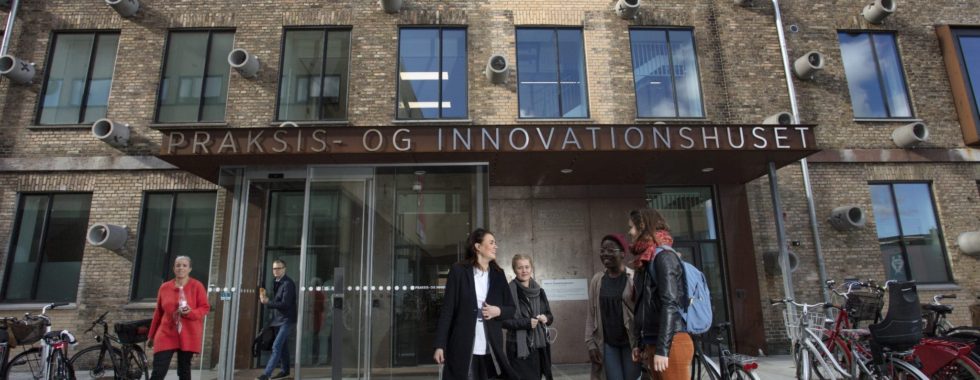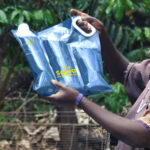Merger doubles size of University College
Two major University Colleges in Copenhagen have announced that they will merge on March 1st. Copenhagen Science City-partner Metropolitan University College and University College Capital (UCC) both have some 10.000 students and 1.000 staff. If the Danish Ministry of Higher education and Science approves the merger, the new organization will be one of the largest institutions for higher learning in Denmark. By Jes Andersen.
Complementary programmes
The two University Colleges have largely complementary study programmes. UCC has some of the largest and strongest programmes in Denmark educating teachers for nursery, kindergarten, primary- and lower secondary schools while Metropolitan boasts a list of nursing, therapeutic, administrative and technical educations for the health and care sectors.
Well known name in charge
The name of the new university college will be ‘University College Copenhagen’ (‘Københavns Professionshøjskole’). The Vice-Chancellor of Metropolitan University College, Stefan Hermann, will continue as Vice-Chancellor of the new organisation and a new board of directors will be appointed on May 1st 2018.
“The new university college will be a beacon in the Danish education sector. In close collaboration with society, the combined capacity of Metropolitan University College and University College Capital will create a stronger study environment, which will set new standards for professional bachelor’s education, research, development, and continuing education. It is a vision and a commitment we shake hands on to undertake together,” said René van Laer, Chairman of the Board of Directors of Metropolitan University College.
Continuing collaboration and co-creation
The new and strengthened university college will remain a partner in the Copenhagen Science City innovation district, where they hope to improve and expand collaboration with commercial partners as well as the academic partners at Rigshospitalet and University of Copenhagen faculties of SCIENCE and Health and Medical Sciences.




